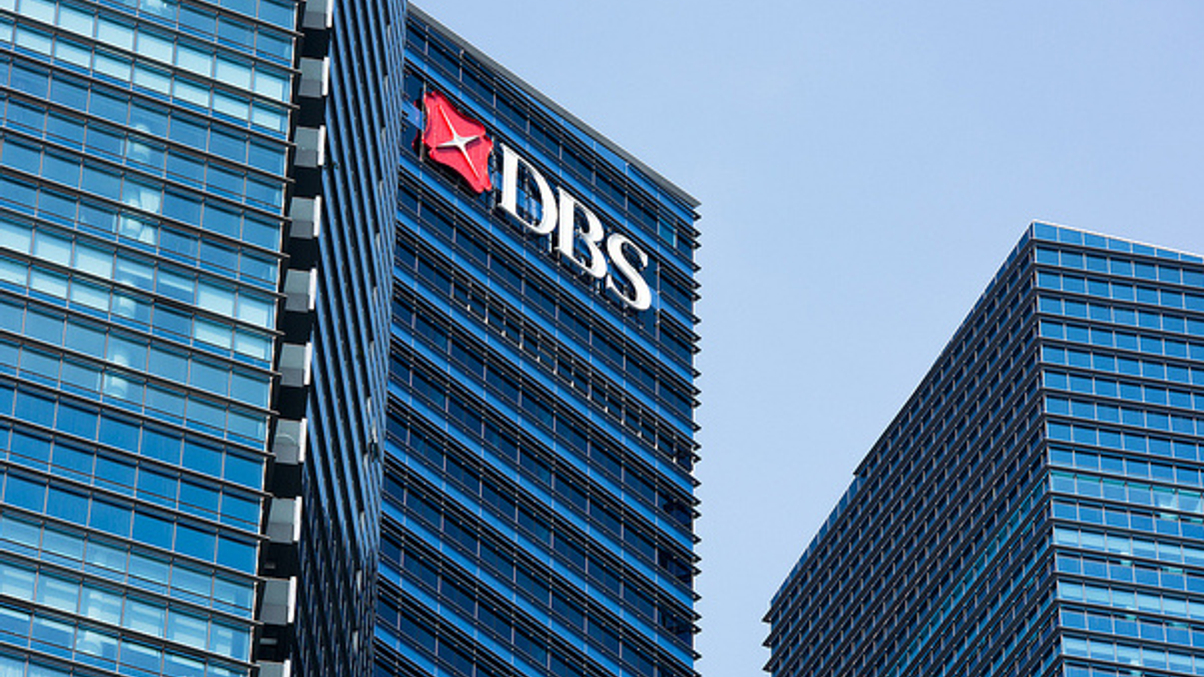DBS out of ABN Amro race after ANZ deal?
Singapore’s DBS is hungry for more acquisitions after agreeing to buy ANZ’s Asia retail and wealth business. But ABN Amro’s Asian private bank may be another step too far, too fast.

With its agreement to buy ANZ’s Asian retail and wealth management business, Singapore’s DBS looks to have consolidated its position among the regional heavyweights of wealth management.
Sign in to read on!
Registered users get 2 free articles in 30 days.
Subscribers have full unlimited access to AsianInvestor
Not signed up? New users get 2 free articles per month, plus a 7-day unlimited free trial.
¬ Haymarket Media Limited. All rights reserved.


